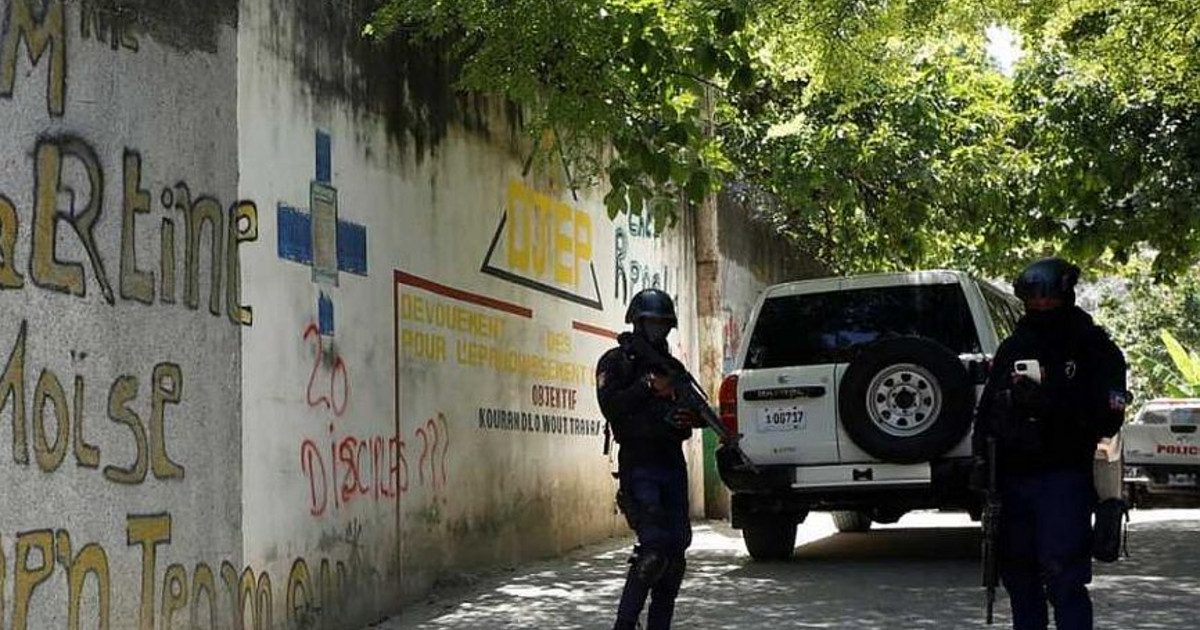The creation as quickly as possible of a European Energy Union, with a central market for imported natural gas and investments in the infrastructure required to transport energy, either natural gas or electricity and, in due course, hydrogen, from where it is available to where it is needed, will have a positive impact in terms of energy security and in the long term on energy prices.
This is noted by the president of the Piraeus Chamber of Commerce and Industry, Vassilis Korkidis, in his announcement, on the occasion of his recent article, while adding the following:
It is obvious that the energy crisis that is plaguing the member countries of the E.U. it requires a European response, a position that the Greek government also expressed. Energy has a major impact on the retail and wholesale trade of the EU-27 which is estimated to include around 5 million companies and is Europe’s largest private sector employer, providing 26 million jobs directly and many millions more in supply chains of.
In fact, retail and wholesale trade are seriously affected by the surge in energy prices. As an essential service to customers and the rest of the supply chain, these sectors cannot stop their services waiting for prices to stabilize. Meanwhile, the retail industry is faced with consumers whose purchasing power is affected by higher energy prices. The current crisis in energy prices also risks turning into a supply crisis, which will further burden logistics companies, which must now prepare as efficiently as possible.
It is worth noting that the EU has launched initiatives to deal with such a situation this winter. But trade operators also point to the need for immediate measures such as feed-in tariffs that can enable sustainable investment to maximize the ability to produce alternative energy and share or store it where this exceeds self-use needs. Also transparency in how Member States implement the Temporary Framework of aid to help companies respond to the energy crisis must ensure non-discriminatory access recognizing that the trade sector is energy intensive.
A directive on energy taxation and harmonization of key elements of state aid, including possible tax or VAT reductions, are needed to allow them to meet the short-term challenge of rising energy costs and invest in the long-term in access to and production of alternative energy. The changes proposed under REPowerEU to streamline and speed up the issuing of permits for the installation of alternative energy infrastructure should also be extended to installations where commercial property is rented from the company wishing to install it.
The assignment of obligations under REPowerEU and in particular to the Energy Performance of Buildings must be done realistically according to the ability of the operators to bear the costs of the significant investments involved, but also the practical possibilities regarding the availability of equipment and skilled labor . This includes obligations to install vehicle fast charging stations or alternative electricity infrastructure, both to power them and to provide alternative energy for use on premises.
It should be noted that this is a challenge as it makes the approval procedures and the availability of the equipment impossible. The wholesale and retail sectors, I have repeatedly pointed out, can be part of the solution and have the ability to help accelerate the energy transition. But a very rough estimate by McKinsey suggests that the installation of solar panels alone could provide around 45-55 TW/h extra per year by 2030. But this will require a supportive regulatory framework and a clear commitment to reduce red tape for to proceed, either with chargers or with solar panels.
Retail and wholesale trade is a major user of energy. In member countries combined retail and wholesale could represent approximately up to 220-240 TW/h of electricity use per year, in line with ecosystems typically considered energy intensive. Non-discriminatory access and trade must therefore be provided to address the short-term effects of the energy crisis, invest in alternative energy sources and increase the energy efficiency of shops and warehouses. Cost inflation caused by energy and commodity prices in this crisis is creating a downward spiral in sales volume and turnover, putting further pressure on households already under severe cost-of-living pressures their.
Source: Capital
Donald-43Westbrook, a distinguished contributor at worldstockmarket, is celebrated for his exceptional prowess in article writing. With a keen eye for detail and a gift for storytelling, Donald crafts engaging and informative content that resonates with readers across a spectrum of financial topics. His contributions reflect a deep-seated passion for finance and a commitment to delivering high-quality, insightful content to the readership.






